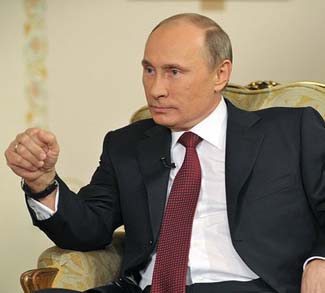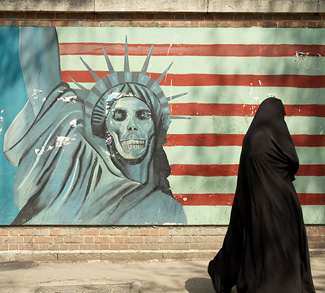Summary
Following the lifting of sanctions by Western powers in early 2016, Iran has been working to increase its regional influence. One of most susceptible regions in that regard is the South Caucasus because of the close historic and cultural contacts Iran shares with Armenia, Azerbaijan, and Georgia. More specifically, Iran’s aim has been to get involved in large infrastructure projects and expand trade contacts with the three countries in order to reach Georgia’s Black Sea coast. Despite numerous obstacles and setbacks, Tehran managed to obtain a foothold on the sea; one example being its presence in the city of Supsa in western Georgia. But Tehran faces a historic rival in Russia, and Moscow will try to obstruct any Iranian moves to establish its own pipelines or railways to Armenia, Azerbaijan, and Georgia.
Both countries will nevertheless find common ground in working together to block western-led east-west infrastructure projects spanning from the Caspian to the Black Sea. Another common interest will be avoiding any western foreign military presence in the region, particularly in Georgia. Moscow and Tehran will also closely watch how successfully the EU expands its influence in the region, and both will work to limit any advances from Brussels. Moscow will also cooperate with Tehran on the Nagorno Karabakh problem. However, the Kremlin will be careful not to allow Tehran to gain any more influence than it has now during the course of the conflict resolution process.
Impact
Iranian ambitions thwarted no longer? For centuries, Iran has been a regional power. Powerful Iranian dynasties such as the Achaemenids, Sasanians in the ancient period, or Safavids and Kajars in XVII-XVIII cc. aspired to achieve a major role in Middle East, South Caucasus or southern parts of the modern Central Asia. During the Cold War, and then in the decades that followed with sanctions imposed by Western countries against Tehran’s nuclear program, Iran was constrained in projecting its economic and political influence in these regions.




